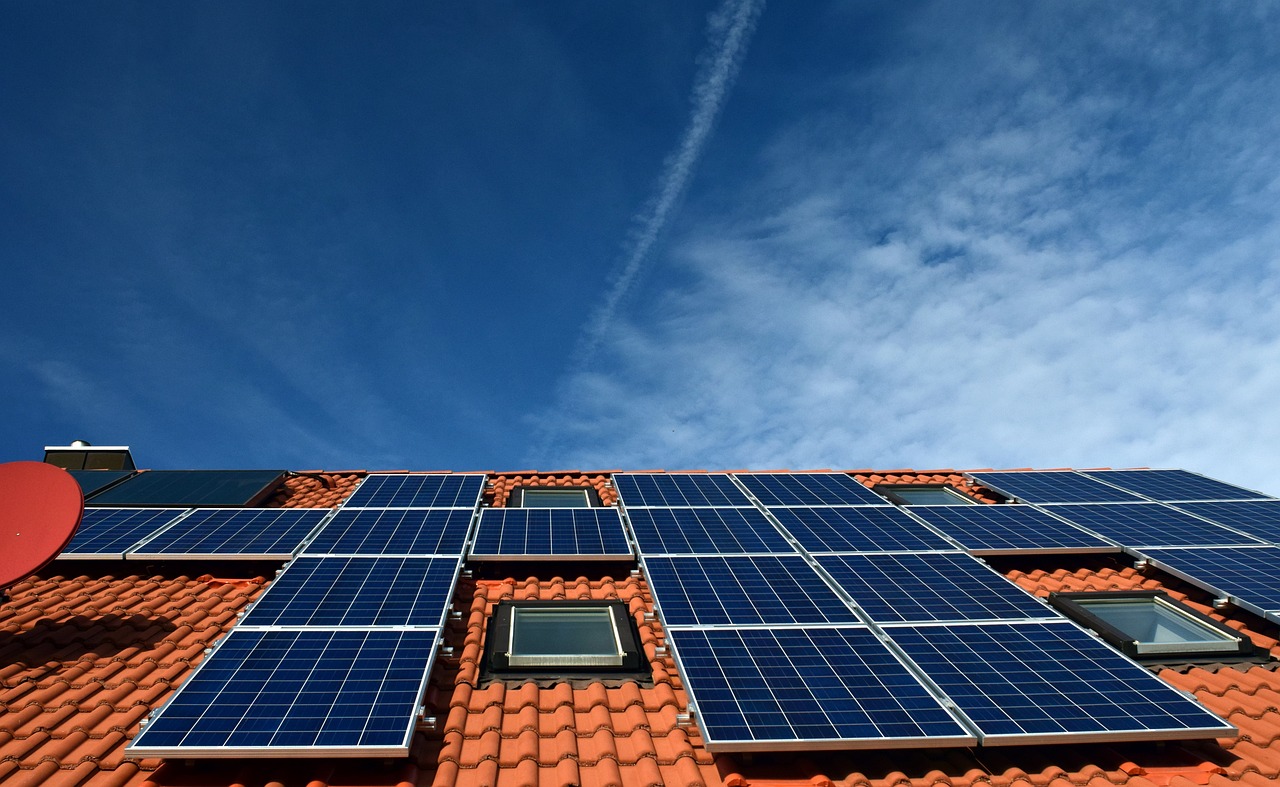Sustainability Award
 Housing generates a large portion of the UK’s greenhouse gas emissions, from both its construction and operation. In fact, 23% of the country’s total emissions arise from the energy used just to heat and power its current buildings. Meanwhile, 340,000 new homes must be built each year to house the country’s growing population, but even the most energy-efficient houses will increase emissions from their construction and operation. If were are to solve the climate crisis, those emissions must therefore be balanced by reducing the energy consumption of existing homes on an unprecedented scale.
Housing generates a large portion of the UK’s greenhouse gas emissions, from both its construction and operation. In fact, 23% of the country’s total emissions arise from the energy used just to heat and power its current buildings. Meanwhile, 340,000 new homes must be built each year to house the country’s growing population, but even the most energy-efficient houses will increase emissions from their construction and operation. If were are to solve the climate crisis, those emissions must therefore be balanced by reducing the energy consumption of existing homes on an unprecedented scale.
However, a major obstacle is the difficulty of evaluating energy-saving measures accurately. Policies and initiatives that promote energy-efficient homes fail to reflect the diverse nature of the country’s housing stock, so homogenised approximations over- or under-estimate the true costs and benefits of carbon-reduction measures, such as retrofitting insulation, double glazing or heat pumps.
PwC’s government and real estate clients often seek the firm’s help on such matters, and the firm realised that the existing tools weren’t up to the job. Its experts reasoned that the true implications of retrofitting measures could only be assessed from the ground up, by evaluating their impact on every single house in the UK.
It was an audacious proposition, but PwC had the expertise, technology and data skills to make it happen. The firm developed a GreenHouse Toolkit that uses machine learning and building physics to model the country’s 29 million houses according to more than 120 physical characteristics, and evaluate the impact of more than 40 retrofit measures.
By combining the model with a database of the costs and benefits for each retrofit option, the GreenHouse Toolkit can quantify and optimise the investment required, savings on energy bills and carbon reduction from different retrofit combinations. Furthermore, and uniquely in the market, it can monetise the value of broader socio-economic benefits such as warmer homes, clear air, reduced climate risk and job creation.
The GreenHouse Toolkit is already helping the UK take more effective action to achieve many of the UN’s Sustainable Development Goals (SDGs), and contributes directly to SDG 11, Sustainable Cities and Communities, and SDG 13, Climate Action.
The tool has supported many PwC government and broader public sector engagements, and is helping several local authorities to scope their retrofit programmes. The UK’s Climate Change Committee is using the GreenHouse Toolkit, to base its Seventh Carbon Budget on a more precise analysis of low-carbon interventions. The tool is also helping the Social Housing Decarbonisation Fund to understand how its investments can make the greatest impact.
In the private sector, the tool is helping Grainger to gauge the effectiveness of its decarbonisation measures, and fine-tune the balance between its climate and commercial responsibilities. The UK Green Building Council is also using the tool to assess how retrofit policies can boost the UK economy by increasing employment and gross value added. The GreenHouse Toolkit represents a great example of how innovation can help to make a better world.
View the PwC profile in the MCA Members Directory.

